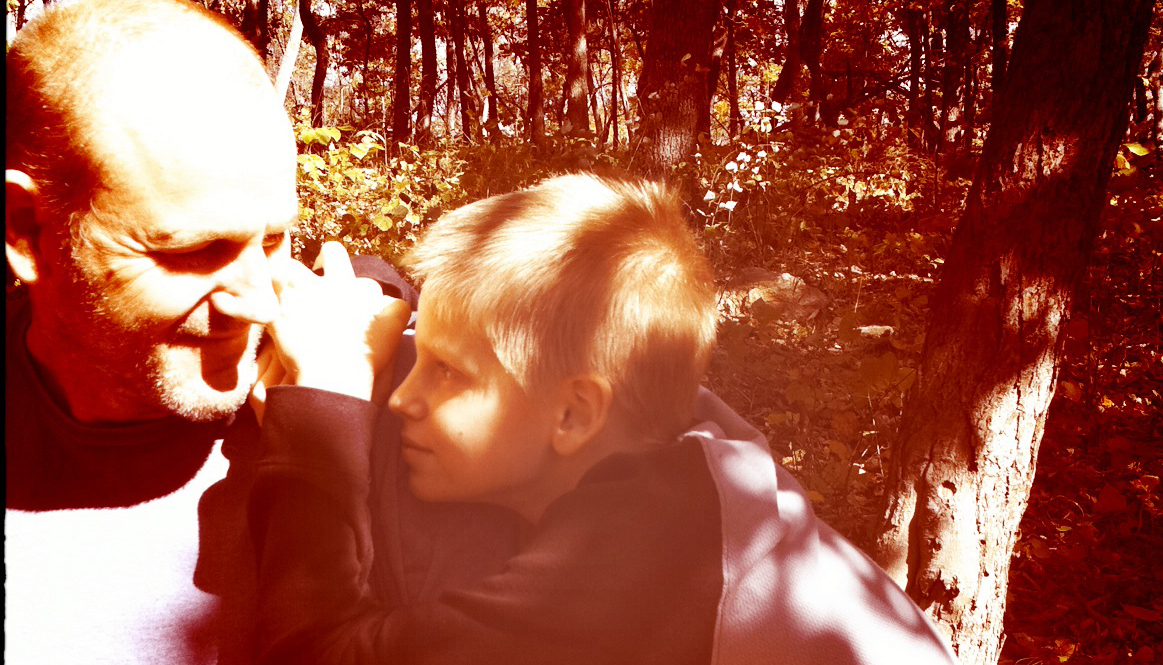“I am the miracle.” – Buddha
Do you wander through the typical day hurting or happy? Were you raised in a supportive, loving, stable family environment? Or was your parenting malignant, indifferent, nonexistent? Was the environment of your childhood safe, intellectually stimulating, devoid of material want? Or did you navigate a hostile, dangerous, uneducated world where even the reliability of a regular meal was in question?
The answers to such questions helps to explain the “I” that each of us becomes (and which we subsequently take for granted). We judge others for being what they are without knowing a thing about the why behind that what. For much of my childhood, for example, I struggled to ‘like’ either of my grandmothers. Only later, when both were dead, did I learn of their difficult childhoods and the myriad forces that shaped those often-times abrasive personalities.
Similarly, over a recent lunch with a long-time friend came the tale of he and his brother and a time in their youth when their dad appeared to say, “I don’t like you.” To my friend, now 50, the statement had been heard as, “I don’t like the decisions you boys make.” To his brother, who recently hung himself and cited that particular statement in his suicide note, it had come out, “I don’t like YOU.” At the memorial service my friend asked his dad what he’d actually said that day, to which his father responded, “Your brother was right.”
 A single statement, a lifetime of mental suffering over failing to meet a father’s expectations. And while I am not suggesting a lone sentence is sufficient to destroy a life, such statements are not made in a vacuum. Worse, a mind seeded with such malignant thoughts will, over time, find ways to confirm such beliefs about itself even when they are not merited. Throughout my own life, for example, I have found ways to imagine the worst about myself, only to later discover that I’d “read” the situation all wrong.
A single statement, a lifetime of mental suffering over failing to meet a father’s expectations. And while I am not suggesting a lone sentence is sufficient to destroy a life, such statements are not made in a vacuum. Worse, a mind seeded with such malignant thoughts will, over time, find ways to confirm such beliefs about itself even when they are not merited. Throughout my own life, for example, I have found ways to imagine the worst about myself, only to later discover that I’d “read” the situation all wrong.
None of us is, of course, omniscient, meaning we see the world and ourselves through an incredibly narrow prism. As my wife recently reminded our son, “You will never see yourself as the full, three-dimensional individual that everyone else sees you as.” The same could be said of life itself.
We may alternately pride or demean ourselves for being this way or that, but what, really, did we have to do with any of it? You and I did not ask to be born, did not ask for our parents or the circumstances into which we were born, did not pre-order these bodies and their physical dispositions.
All of it was inherited.
Which begs the question: “By whom?”
Are we not the inheritance itself? Isn’t each of us, in fact, an invention? A material and mental creation of other material and mental creations? Aren’t we merely carrying out the mental and physical programming assigned to us by our predecessors, themselves products of mental and physical programming?
No, you say, you have ‘free will’ to choose?
But isn’t your body unfolding based on the invisible DNA behind it – a blueprint created by the merged DNA of your parents? Aren’t the thoughts by which you gauge and respond to the world similarly conditioned? Can you, in fact, prove that a single thought is really ‘your’ thought? You may respond with something like, “I am going to think of a pink elephant right now!” But where did THAT thought originate?
More specifically, where or who or what is YOU? I’ve been looking for years and can’t find myself. I’ve traipsed all over the world, I’ve navigated the mental canyons of my own mind, I’ve meditated and studied and watched and nowhere am “I” to be found.
It seems that I did not inherit anything: I am the inheritance itself.
Now what?



Most people love in the expectation to be loved back, which is conditional not unconditional love. Unconditional love is to love without judgement; can it be attained ?
We suffer because of fear; fear of being inadequate to whatever situation we encounter, be it real or imaginary.
How can we find ‘I’ when we don’t know what ‘I’ is. We reference the world by duality so perhaps we need to find our polar opposite if we have one. Are we really androgynous and is our fylgja/daimon/watcher/the otherself, the silent ‘I’ which we seek ? A well known poet suggested that his daimon was the dominant part of his whole person.
I look forward to my personal Ragnarok; just love Germanic/Norse legends, more allegory to puzzle over. Niflheim and Muspellsheim, more dualism just like our conception.